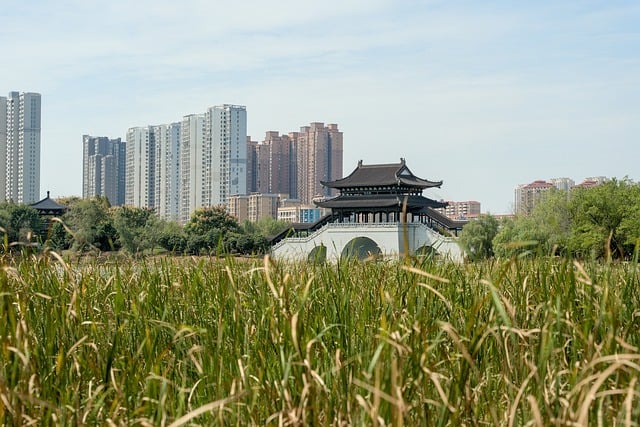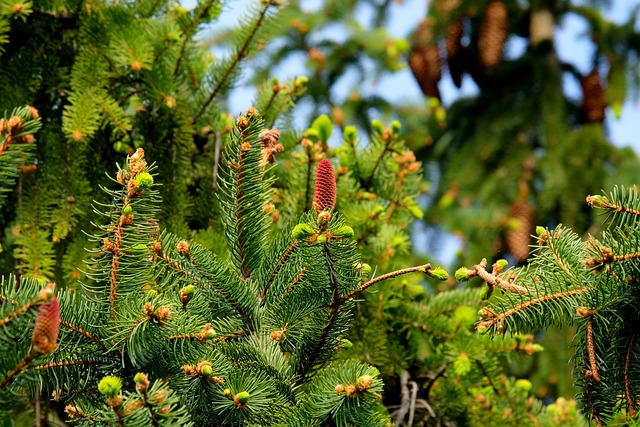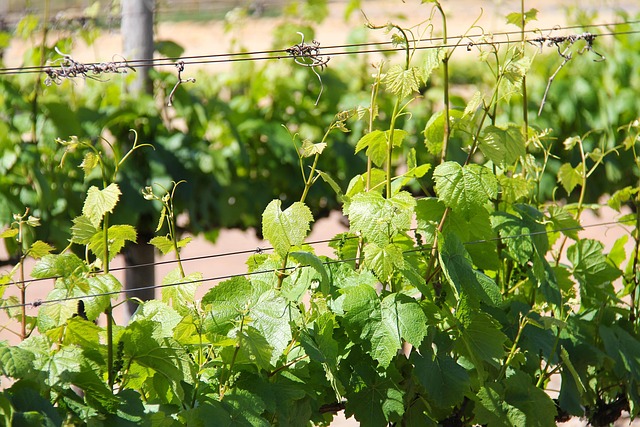Embracing Nature in Urban Spaces: A Guide to Eco-Friendly Garden Ecosystems
In today’s fast-paced urban environments, it can sometimes feel like nature is a distant memory. Yet, there’s a growing movement of individuals bringing greenery back into our lives through ecosystem-friendly urban gardens. Transforming concrete jungles into lush havens not only enhances the aesthetic but also fosters a deeper connection with the environment.
The Importance of Green Spaces
Green spaces are not just pretty patches; they play a crucial role in our ecosystem. Urban areas often struggle with issues like air pollution and heat retention, but introducing gardens can mitigate these effects. Plants naturally filter pollutants, provide shade, and release oxygen, thus improving our overall air quality. By creating an eco-friendly garden, you’re contributing to a healthier urban ecosystem, promoting sustainability one small action at a time.
Designing Your Urban Garden
When it comes to gardening in urban settings, space is often a constraint. Yet, this challenge can inspire creativity. Here are some tips to embrace nature in limited spaces:
- Vertical Gardens: Utilize walls and fences by installing vertical planters to maximize space. This not only allows you to grow more plants but also adds visual interest.
- Container Gardening: Choose pots or containers to cultivate herbs, flowers, or small vegetables. This method is flexible and can be moved according to sunlight preferences.
- Native Plants: Incorporate flora that are native to your region. These plants often require less water and maintenance, making them perfect for the busy urban gardener.
Creating Biodiversity
Incorporating a variety of plants helps foster biodiversity within your urban ecosystem. Consider adding:
- Pollinator Gardens: Plant flowers that attract bees, butterflies, and other pollinators. This not only aids in the growth of your garden but supports the wider ecosystem.
- Companion Planting: Pairing certain plants together can enhance growth and repel pests naturally, creating a self-sustaining environment.
- Wildlife Habitats: Create small habitats for birds and insects by including features like birdhouses or bee hotels. This encourages wildlife to thrive right in your backyard.
Sustainable Practices
To truly embrace an ecosystem-friendly urban garden, it’s vital to adopt sustainable practices:
- Rainwater Harvesting: Collect rainwater through barrels; this not only conserves resources but provides your plants with chemical-free water.
- Composting: Reduce waste by composting kitchen scraps and garden waste, which enriches your soil naturally.
- Organic Gardening: Avoid synthetic pesticides and fertilizers. Healthier plants result from using organic methods, promoting a safer habitat for all living beings.
Connecting with Nature
Creating an eco-friendly garden is not just about the physical benefits; it’s also about the mental and emotional connection to nature. Spending time tending to your plants can reduce stress and improve overall well-being. Whether it’s the joy of seeing a flower bloom or the satisfaction of harvesting home-grown vegetables, these moments foster a sense of achievement and connection to the earth.
As urban dwellers, let’s make a conscious effort to embrace our surroundings and incorporate nature into our lives. An ecosystem-friendly urban garden may start small, but together, we can cultivate a greener, healthier city for ourselves and future generations. So grab that shovel, get your hands in the soil, and start your journey toward creating your own slice of nature amidst the urban landscape!




